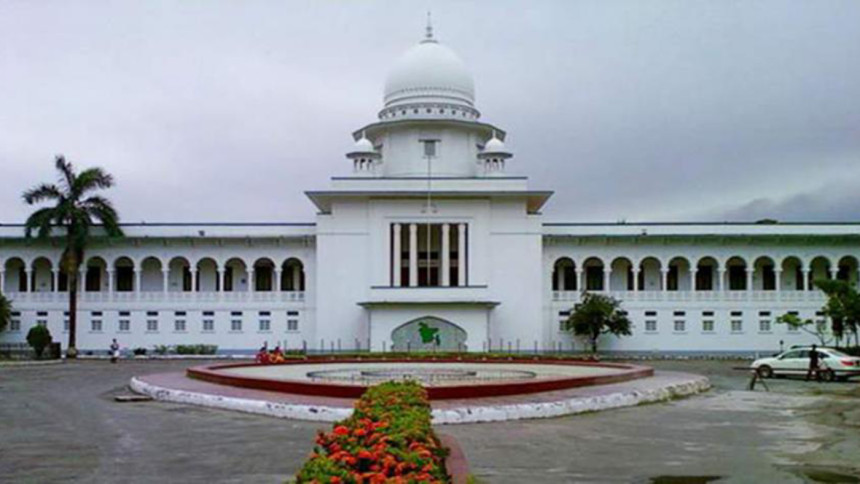Verdict on legality of magistrates running mobile courts any day

The High Court will deliver a verdict any day on a writ petition that challenged the legality of operation of mobile courts comprising executive magistrates for trial of petty crimes on the spot.
The bench of Justice Moyeenul Islam Chowdhury and Justice Ashish Ranjan Das kept the petition as Curia Advisari Vult, a Latin legal term meaning verdict could be delivered anytime, after concluding hearing on the matter on March 8.
Following the petition, the HC on October 16, 2011 issued a rule asking the government to explain why the provisions of the Mobile Court Act, 2009 that empower executive magistrates to exercise judicial powers through mobile courts should not be declared unconstitutional.
Mobile courts, which are constituted under the Mobile Court Act, 2009, are empowered to try a number of petty offences including illegal assembly, public nuisance and illegal connection of electricity, water and gas, and to supervise examination centres.
Under the mobile court law, executive magistrates can instantly punish offenders with up to two years of imprisonment and can also realise fine from them.
If an offender confesses committing an offence but fails to pay the fine instantly, the executive magistrates can hand down another three months’ jail term.
The government has replied to the HC rule, saying that there is necessity of running mobile courts by the executive magistrates to punish the offenders on the spots and to prevent from committing the offences, Deputy Attorney General Motaher Hossain Sazu told The Daily Star today.
Real estate businessman Kamruzzaman Khan, who was convicted by a mobile court, filed the writ petition on October 11, 2011 stating that those provisions of the act that empower executive magistrates to exercise judicial powers are against the fundamental structure of the constitution.
On September 14, 2011, a mobile court comprised of Rajuk's Executive Magistrate Shahidul Islam convicted and sentenced Kamruzzaman to 30 days’ imprisonment for constructing a building at Mohammadpur in the capital without following Rajuk plan.
Kamruzzaman, said in his writ petition that exercise of judicial powers by the executive magistrates also goes against the Supreme Court verdict in Masder Hossain Case, popularly known as separation of the judiciary case. He prayed to the court to declare his conviction by the mobile court illegal.
The HC on October 16, 2011 also stayed Kamruzzaman’s conviction.
Barrister Hassan MS Azim appeared for the petitioner, while DAG Motaher Hossain Sazu argued for the government.


 For all latest news, follow The Daily Star's Google News channel.
For all latest news, follow The Daily Star's Google News channel. 








Comments